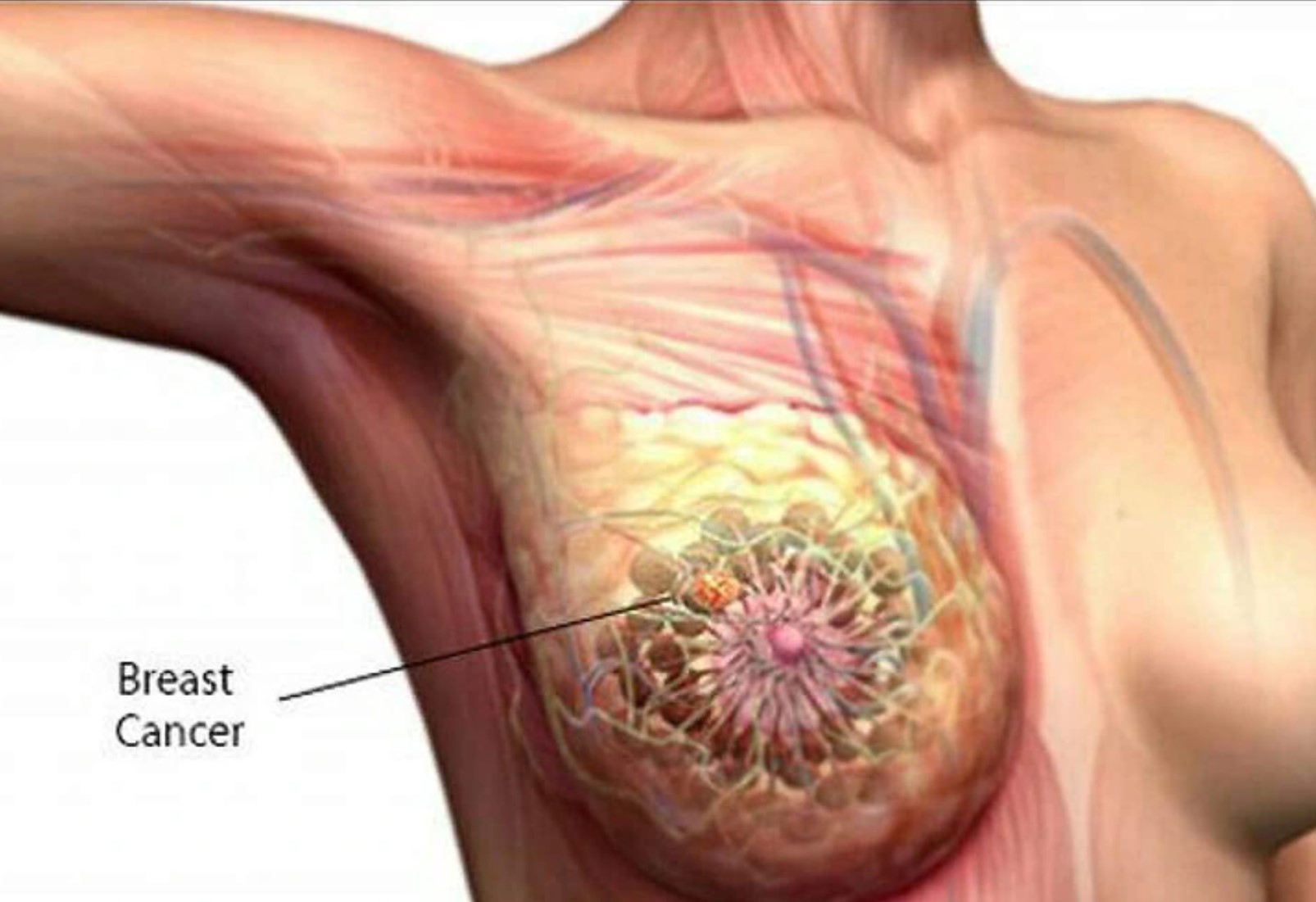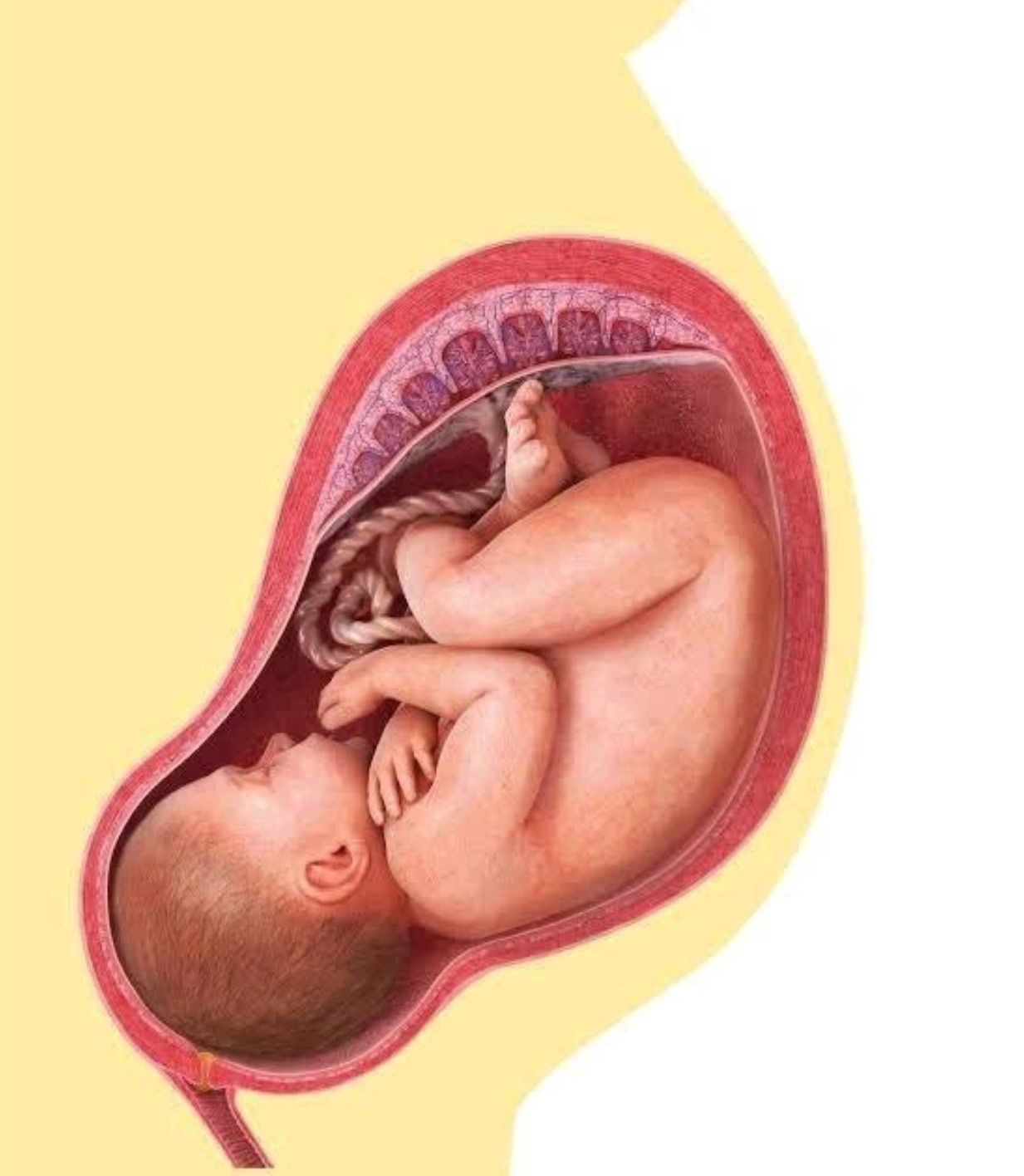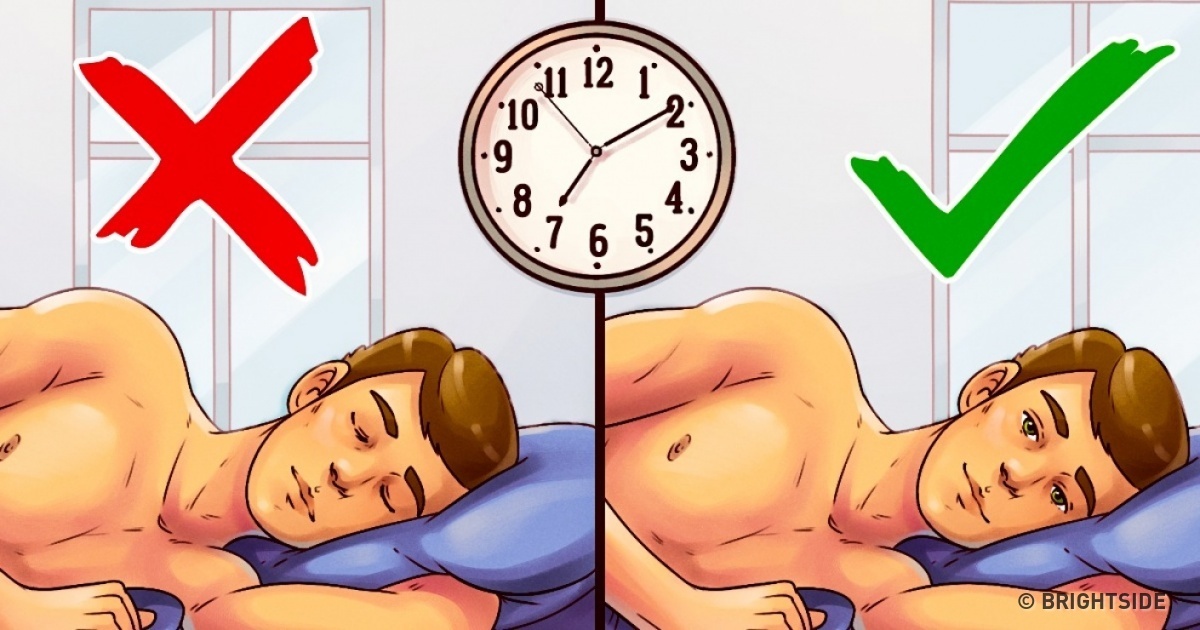That’s not to say you need to run to the doctor every time you feel slightly “off. But you should monitor your body for changes and subtle symptoms, as it may be trying to tell you something…Click Here To Continue Reading>> …Click Here To Continue Reading>>
When it comes to things like headaches, tiredness, and even anxiety and depression, your doctor needs to know about it. Issues like these might be a sign of a larger problem, and one that needs to be treated right away. But even if the symptom isn’t life-threatening, you owe it to yourself to feel better.
1. Brittle hair and thinning nails.
Your hair and nails can tell you a lot about your health, so it’s a good idea to pay attention if your hair turns brittle or your nails start peeling — even though it may not seem like a big deal.
According to research many women ignore thinning hair or brittle/breaking nails until it is severe. These are often signs of medical illnesses (thyroid problems, autoimmune conditions) or more typically, vitamin deficiencies that can be severe.
If you notice that your hair is thinning, or your nails break super easily, let your doctor know. They’ll be able to figure out the cause, and treat any underlying conditions.
2. Gas bloating
Don’t be alarmed if you feel bloated during your period, or get gassy after drinking a lot of soda. These things are to be expected, and will likely pass quickly.
Ongoing gas and bloating, however, should be pointed out to your doctor. “Women often ignore or dismiss symptoms of gas, burping, flatulence, and bloating. These are nonspecific symptoms which can have a variety of causes, most of which pose minimal health threats.
It is possible, however, that these stomach troubles may be a sign of something more serious. Persistence of these symptoms that is not relieved with over-the-counter remedies can be a sign of ovarian cancer. Ovarian cancer, although rare, is the fifth leading cause of cancer deaths in women. This is because it presents with minimal symptoms that ‘whisper’ and consequently is usually not diagnosed until it is already far advanced.”
By speaking up, and pointing out these symptoms to your doctor, you may be more likely to catch it early. “If you experience persistent gas and bloating that is unrelieved, please bring it to the attention of your health care provider for further evaluation.
3. Ongoing fatigue
It’s fine to feel tired after a super busy week, or the day after an all-night Netflix binge. But don’t ignore ongoing fatigue — the kind that doesn’t go away, even if you get enough sleep — since it may be your body’s way of telling you something’s wrong.
Many times, extreme fatigue is misattributed to responsibilities, hassles, and obligations. But this doesn’t mean it should go unchecked and untreated.
There are so many diseases and disorders with fatigue as a top symptom — from stress and anxiety, to cancer and heart disease, so it’ll be important to let your doctor know about it, so you can treat the underlying cause ASAP.
4. Recurring headaches
Headaches are another symptom that are easy to ignore. Just pop a painkiller, and move on with your day. Right?
That’s often all you need to do. But if the headaches keep coming back, or seem to be really intense, you should let your doctor know. Like fatigue, this is a common symptom of many conditions. “It is also one of the quickest to be put down as ‘just a headache.’ Don’t ignore the warning signs, especially if they happen more often than you’d care to admit.”
If you are having migraines, you’ll definitely want to get them treated by a doctor, just so you don’t have to keep on suffering. But recurring headaches can also be a sign of more dangerous health concern. It doesn’t hurt to tell your doctor if they keep coming back, or if you’ve been feeling “off” for a while.
5. Missed or unpredictable periods.
Whether it’s a missed period, heavy bleeding, light bleeding, and so on — we tend to keep it all to ourselves, either because it’s embarrassing to talk about, or we assume these period changes aren’t a big deal.
Sometimes you may feel weird about going to the doctor, but if you feel something is not right, you shouldn’t put it off. OB/GYNs have heard it all, so you shouldn’t feel like you can’t ask a question, or spill the beans when it comes to “weird’ symptoms.
In doing so, you might be detecting a health issue early on, that may have otherwise gone untreated. Irregular periods can be caused by benign things like stress. But they can also be a sign of something more concerning, such as polycystic ovary syndrome (PCOS) or hypothyroidism.
6. Burning during urination
If you’re peeing a lot, or have the strong urge to pee between trips to the bathroom, let your doctor know. It may be a sign of a urinary tract infection (UTI), which shouldn’t be ignored. READ FULL STORY HERE>>>CLICK HERE TO CONTINUE READING>>>
While it’s definitely possible to treat them at home, or with over-the-counter treatments, it’s often better to see a doctor if symptoms persist. When treated promptly and properly, lower urinary tract infections rarely lead to complications. But left untreated, a urinary tract infection can have serious consequences.”
For one, when left untreated, the infection can spread up to the kidneys, causing permanent kidney damage . So yeah… don’t mess around when it comes to a UTI. Get that thing treated properly by a doctor.
7. Changing moles
To catch skin cancer early on, when it’s most treatable, it’s important to pay attention to changes in your skin such as moles that start to look different.
If you notice a new mole on your body, a change in shape, color, or size in a mole that has been there for years, or a mole that looks different than all of your other moles, then see your dermatologist, sooner, rather than later.
This is actually the leading cause of cancer in women aged 25 to 29 , and the second most common cause of cancer in women aged 15 to 29. Risk factors include UV exposure (sun and tanning beds) and genetic susceptibility skin color, eye color, hair color, freckles, number and type of moles.
Wearing sunscreen, and getting yearly skin exams, can help lower those risks. And, of course, point out your skin changes to your doctor, as soon as you see them.
8. Breast changes
Here’s another friendly reminder to keep an eye on your boobs you do feel a non-tender breast lump that does not go away in a few weeks, or is persistent and unrelated to your menstrual cycle. Monthly self-breast exams are helpful to get to know your breasts and learn what your normal feels like.
And it really is easy to do. “Try examining them in the shower the week after your period, when breasts are less tender. Soapy hands make it easy to feel for lumps.. Be sure to feel under the nipple area and as far out as your armpit, since the breast tissue can grow that far out.”
If you feel anything out of the ordinary, or notice that your breasts look different such as nipple changes, discharge, or puckering of the skin.
9. Ongoing anxiety
It’s easy to ignore anxiety, or even learn to accept as part of everyday life. Women become used to brushing off stress, insomnia, gastrointestinal issues, headaches, and muscle tension.
But the thing is, if you let anxiety go untreated, it has the potential to get worse. Not to mention, even low levels of anxiety can impact your life in a way that’s pretty stressful. So the sooner you can get help, the better.

10. Heel pain
While not dangerous in terms of your physical health and safety, do yourself a favor and don’t ignore heel pain.
“This is known as plantar fascitis. It is the result of a shortened plantar fascia or a shortened Achilles tendon. It usually starts one morning when you get out of bed, and you feel a shearing sensation on the bottom of your foot. It gets better as you move around, so you ignore it. The next day the same thing happens, and most women continue to ignore it, sometimes for months!”
The thing is, once you let the pain continue that long, it’s unlikely to go away for several months deal with it quickly.

11. Feeling of depression.
Life can get in the way, and before you know it, you realize you’ve been feeling sad or depressed for months — without doing anything about it. But just like every other health concern, you need to make your mental health a priority, and seek treatment ASAP.
Depressive illnesses are serious medical illnesses that affect many people. Depression is a treatable medical illness that can occur in any woman, at any time, and for various reasons regardless of age, race, or income.
But the good news is, depression is very treatable. Most people find relief when treated with medication, psychotherapy or a combination of both.
So don’t put your health at the bottom of your to-do list. Not only are some of these symptoms a sign of a disease that needs to be treated quickly — such as ovarian cancer — but many simply affect your quality of life, and should be improved ASAP.


 IN-THE-NEWS10 months ago
IN-THE-NEWS10 months ago
 SPORTS9 months ago
SPORTS9 months ago
 SPORTS9 months ago
SPORTS9 months ago
 METRO2 months ago
METRO2 months ago
 IN-THE-NEWS10 months ago
IN-THE-NEWS10 months ago
 METRO7 months ago
METRO7 months ago
 SPORTS9 months ago
SPORTS9 months ago


